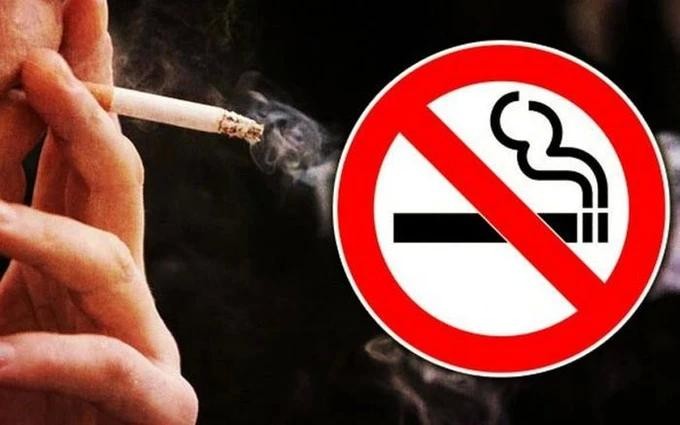
The Ministry of Health yesterday held a workshop in Hanoi on the need to increase special consumption tax on unhealthy products such as alcohol and sugary sweetened beverages to achieve the goal of reducing the rate of use of alcohol, tobacco, and sugary drinks for the benefit of public health.
During the workshop, specialists from the Ministry of Health and WHO delegates in Vietnam expressed strong approval of the draft revised Law on Special Consumption Tax. This draft, currently under consultation, includes several health-harmful products, including cigarettes and sugary soft drinks containing more than 5g of sugar per 100ml.
Increased taxes on unhealthy products create healthier populations. It has a positive ripple effect across society - less disease and debilitation.
Nguyen Tuan Lam, a noncommunicable disease prevention expert at WHO in Vietnam, warned that tobacco products, alcohol, and sugary drinks are directly hazardous to people's health and will have far-reaching implications in the coming time.
Global evidence indicates that raising tobacco taxes is the most effective strategy for decreasing consumption; however, this approach has seen limited application in Vietnam. Within Southeast Asia, Vietnam ranks among the top three nations with the lowest tobacco prices, following Laos and Cambodia.
Some studies show that there are about 40 brands priced under VND10,000 per pack of cigarettes. Moreover, the product market is very diverse, with many cheap cigarettes, making it easy for consumers to choose. As a result, Vietnam must raise taxes on a regular basis to keep cigarette costs in line with income growth and eventually move toward the WHO-recommended ideal tax rate of 70-75 percent of the retail price.
A tax framework for sugary beverages should be implemented to establish a tax rate of 20 percent on the retail price, which effectively raises the manufacturer's selling price by 40 percent. This approach aligns with WHO recommendations aimed at mitigating health risks for future generations.
Additionally, in the long run, it would be beneficial to consider taxing based on sugar content or thresholds to promote the development of products with lower sugar levels.
























